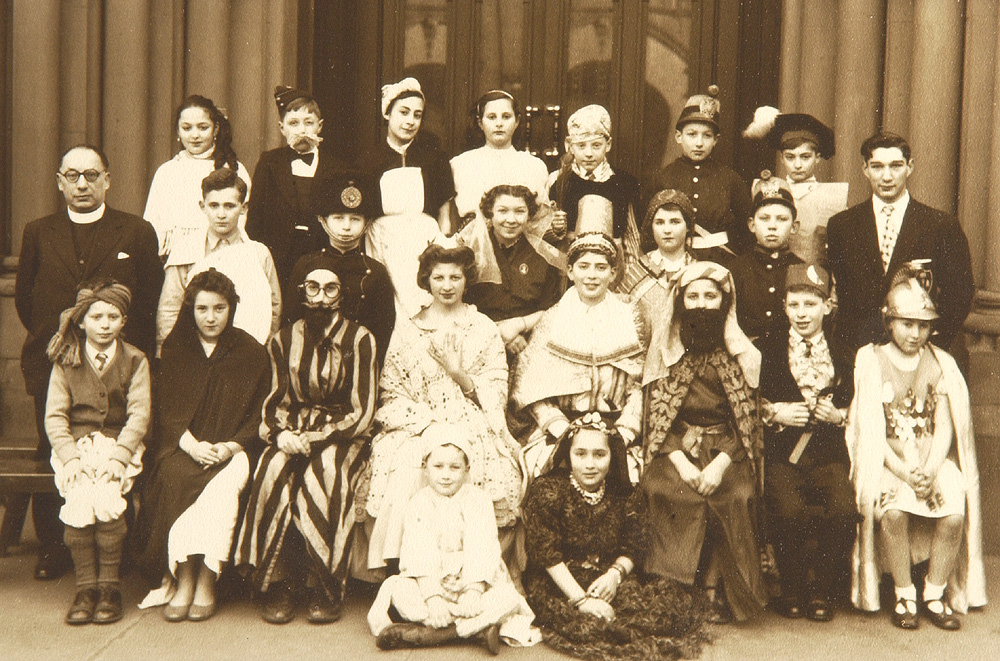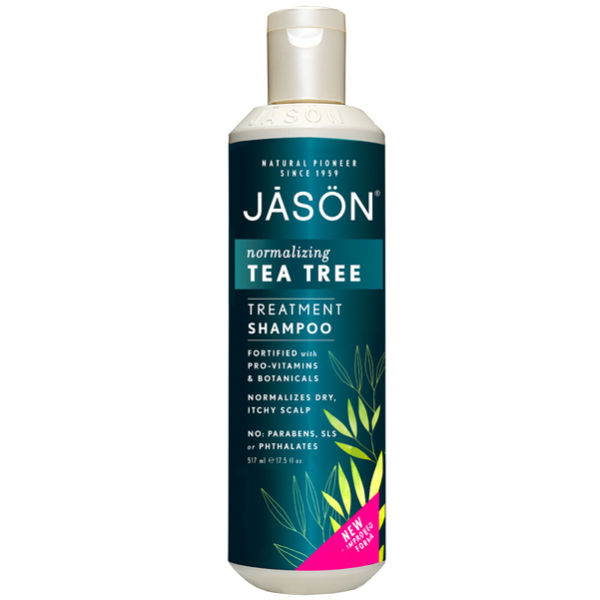"Just laugh," my mother insisted, when I would come home with some tale of classmate unkindness. "Whatever they say, just laugh."
She didn't explain why laughing worked, so I was never really able to force myself to "ha ha" during verbal torment.
Moises Velasquez-Manoff explains why laughter is the best medicine. It's called "humorous subversion"; a German town struggled for years to dissuade neo-Nazis from their annual parade, until they started a tactic of mockery. Instead of legitimizing fascists by reacting with violence, they laugh at them, removing any mamashus they could have achieved.
Humor is a particularly powerful tool — to avoid escalation, to highlight the absurdity of absurd positions and to deflate the puffery that, to the weak-minded at any rate, might resemble heroic purpose. . .
By undercutting the gravitas white supremacists are trying to accrue, humorous counterprotests may blunt the events’ usefulness for recruitment. Brawling with bandanna-clad antifas may seem romantic to some disaffected young men, but being mocked by clowns? Probably not so much.
The first Nazi, Haman, lost whatever honor he had managed to accrue when he was forced into playing groom for Mordechai's horse. Then there's the meforash regarding being showered in excrement.

Many of our holidays revolve around our salvation from harm, yet only Purim is about hedonistic laughter and bliss. Children are encouraged to laugh at the initially terrifying villain who died a buffoon—perhaps because we should not give mamashus to flesh and blood enemies, only to God.





